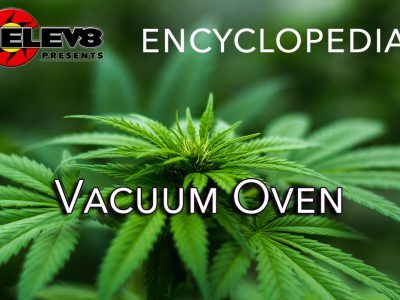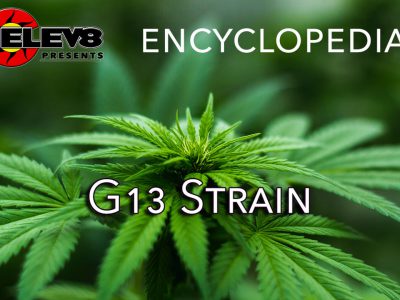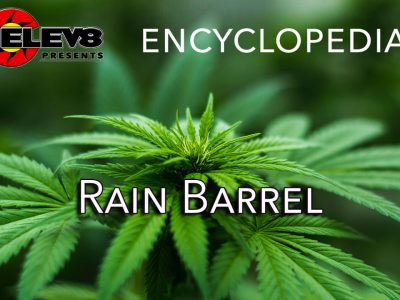What does Sustainability mean?
Sustainability is a landscape or plant environment that can completely care for itself independently with the available natural resources. Sustainable biology includes enough diversity that it can continue indefinitely.
Marshes, forests, or wetlands are all considered sustainable biological environments.
Sustainable biology is able to thrive without any human intervention for decades or centuries.
More Info On Sustainability
Sustainability requires a biological system rich with diverse plant life that all perform a specific function in order to sustain an environment. A marsh, for example, includes cattails for filtration of groundwater, grass which provides the biological material for the marsh when it dies and rots, and flowers to attract bees and other insects.
Sustainability requires the diversity of plant and animal life to endure the many environment conditions that occur throughout the year. A biological system that is sustainable is able to survive and thrive during the wet, rainy months, and endure long periods of drought.
Sustainability in residential landscapes requires careful planning to select a variety of plants so the garden will be able to collectively care for itself and thrive without human intervention or artificial watering and fertilizing.







